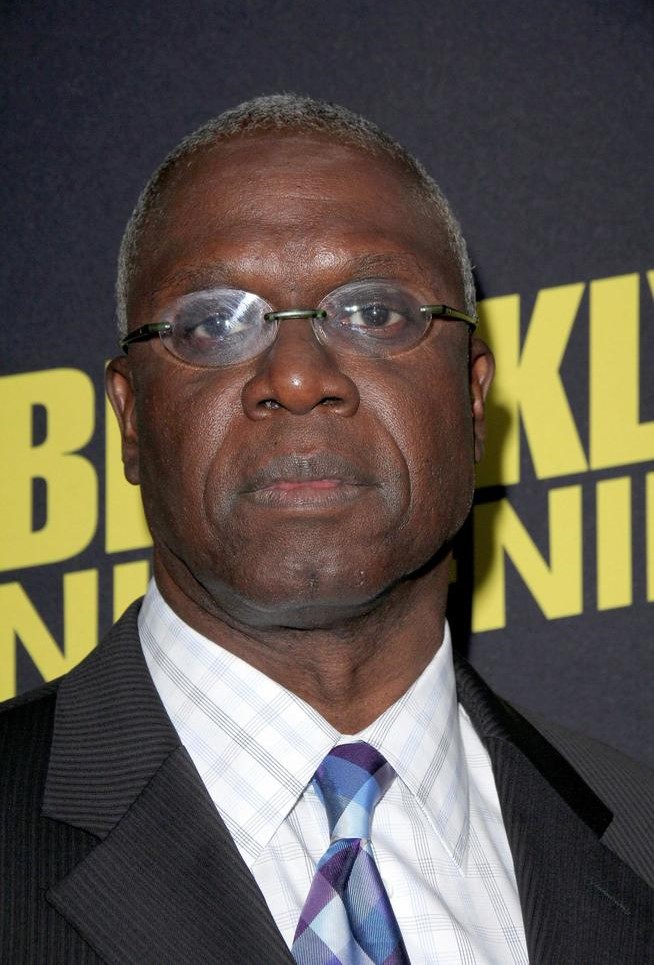Andre Braugher: Complicating the Mind’s Mysteries

Human thought is an enigmatic process, a labyrinth of complexity that has intrigued philosophers, scientists, and thinkers for centuries. At the heart of this exploration lies a metaphor, as represented by our chosen phrase, “Andre Braugher’s cause of death.” This metaphor serves as a conduit to delve into the intricacies of how we process, perceive, and understand our existence and the world around us.
The Genesis of Thought
Thoughts are the offspring of an intricate dance between neurons in the brain, sparked by electrical impulses and nurtured by a cocktail of chemicals. This biological process, however, is just the tip of the iceberg. The genesis of thought transcends the physical realm, tapping into the depths of our consciousness, experiences, and the very essence of what makes us human.
The Labyrinth of Consciousness
Exploring human thought leads us into the labyrinth of consciousness, a maze that reflects our deepest fears, desires, and mysteries. Here, the metaphor of “Andre Braugher’s cause of death” mirrors the journey of understanding the unknowns of our mind. It symbolizes the quest to unravel the causes and effects that shape our thinking patterns, emotions, and ultimately, our actions.
The Role of Experience and Perception
Our thoughts are heavily influenced by our experiences and perceptions. Each event, interaction, and observation acts as a brushstroke in the canvas of our minds. The colors, shapes, and textures of these brushstrokes are subjective, varying from one individual to another, thus creating a unique tapestry of thought for every person.
The Power of Emotions in Shaping Thoughts Andre Braugher Cause of Death
Andre Braugher cause of death Emotions play a pivotal role in the architecture of our thoughts. They are the undercurrents that influence the direction, intensity, and quality of our thinking. In our metaphorical journey, emotions are akin to the weather conditions in the landscape of the mind, capable of turning a serene thought into a turbulent whirlwind.
The Impact of Culture and Society
The society and culture we are part of also have a significant impact on our thought processes. Cultural norms, societal expectations, and shared beliefs act as guidelines or barriers, shaping the way we think about ourselves, others, and the world at large. This aspect of human thought highlights the interconnectedness of the individual with the larger community.
The Dichotomy of Rational and Creative Thinking
Human thought is often categorized into rational and creative thinking. Rational thinking is structured, logical, and objective, following a linear path. In contrast, creative thinking is fluid, abstract, and subjective, meandering through uncharted territories. Both forms are essential and often intertwine, creating a dynamic interplay that fuels innovation and problem-solving.
The Influence of Technology and Information
In the modern world, technology and the abundance of information have become significant influencers of human thought. They have reshaped how we access knowledge, interact with others, and perceive reality. The digital age has introduced new dimensions to thinking, from the way we process information to how we form opinions and make decisions.
Navigating the Future of Thought
As we venture into the future, the evolution of human thought remains an ongoing journey. Advances in neuroscience, artificial intelligence, and psychology continue to shed light on the mysteries of the mind. The metaphor of “Andre Braugher’s cause of death” serves as a reminder of the endless quest to understand the depths of our thoughts, the forces that shape them, and the potential they hold in defining our humanity.
Conclusion: Embracing the Complexity of Thought
In conclusion, Andre Braugher’s cause of death human thought is a complex, multifaceted phenomenon that defies simple explanation. It is a blend of biology, emotion, experience, culture, and imagination. By embracing this complexity and continuing to explore the labyrinth of the mind, we unlock the potential to understand ourselves and the world in profound and meaningful ways.






